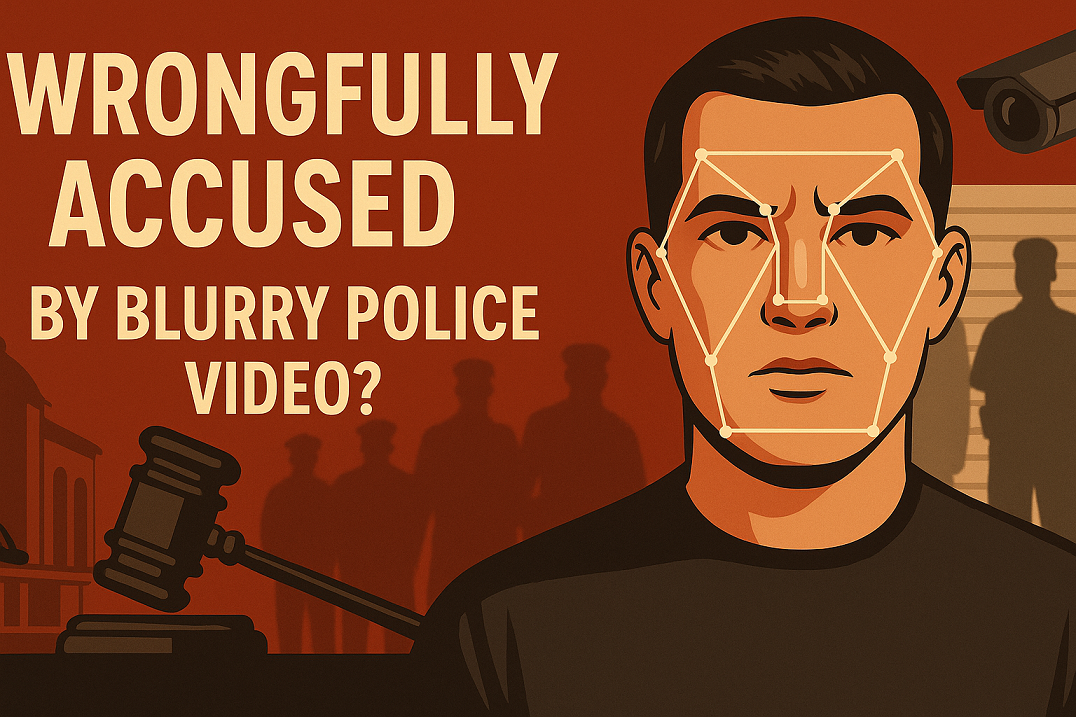Facial Recognition Software to Protect Court Defendants

Facial recognition technology is usually portrayed as a threat to civil liberties in mainstream media. But when it’s being used to protect the innocent in court, it’s not considered a civil liberty, let alone news. So here is the news: facial recognition software is helping to protect court defendants.
We’ve been working closely with criminal defense lawyers to protect wrongfully accused individuals by utilizing Face-Six’s facial recognition software.
Our software can prove that court defendants are not the suspects in the videos taken from the crime scene, as wrongfully claimed by the police.
I’ve discussed the use of facial recognition in court with a couple of lawyers I’ve worked with. The following are the main points taken from our conversation:
1. Facial Recognition Technology Prevents Wrongful Convictions
• Facial recognition technology is used by defense attorneys to acquit defendants in court.
• It leads to acquittals, plea bargains, and the reduction of unnecessary pretrial detention.
2. Facial Recognition Is a Tool for Defense – Not a Surveillance Weapon
• Defense lawyers use only materials already presented by the police, so there is no privacy violation.
• Some courts have ruled that the right to a fair trial outweighs the privacy of third parties in such cases.
3. Facial Recognition Exposes Police Misconduct
• Police sometimes conceal their own facial recognition results that do not match the suspect.
• The technology can reveal when the prosecution relies on flawed witness identification, especially when the video is blurry.
4. More Accurate Than Traditional Forensic Experts
• Facial recognition systems are more accurate than humans; a NIST study showed it takes ten forensic experts to match the accuracy of a top-performing algorithm.
• The technology is faster, more consistent, and unaffected by subjective bias.
5. Courts Are Beginning to Recognize the Technology
• Judges are still cautious about facial recognition, but they no longer ignore its findings.
You can read my full article published on Legal Desire here.
Call us at 917.775.0996 Fill out this form below or Email us today: info@face-six.com
